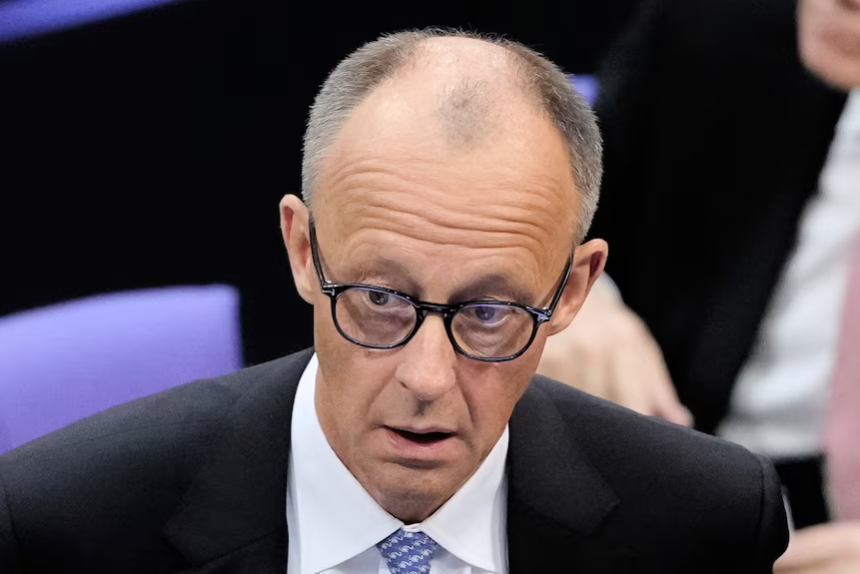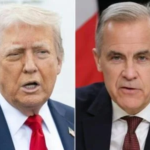Introduction
In an unexpected twist, Friedrich Merz has become Germany’s new chancellor following a dramatic and historically failed first vote in the Bundestag. The path to his appointment, marked by political turmoil and coalition fragmentation, signals a critical shift in the country’s political landscape. This article explores the top five reasons why Merz’s rise is a pivotal moment for Germany and Europe.




Expert Reactions: What Analysts Are Saying
Political analysts across Europe have expressed mixed reactions to Merz’s rise. Dr. Hanna Schubert, a Berlin-based political scientist, notes: “Merz represents a return to traditional conservative pragmatism—but in a new world of populism and polarization, that may prove both stabilizing and limiting.” Meanwhile, international observers see his leadership as a potential check against rising populist sentiment within the EU.
Markets have responded with cautious optimism. The euro held steady following Merz’s confirmation, while Germany’s DAX index saw modest gains, signaling confidence in economic continuity despite the political drama.
What This Means for Germany’s Domestic Agenda
Domestically, Merz faces enormous challenges. Inflation remains a concern, housing shortages persist in major cities, and the energy transition (“Energiewende”) continues to face logistical and political hurdles. Merz has promised a “return to fiscal discipline” and a comprehensive review of Germany’s green energy subsidies—positions likely to trigger resistance from environmental and progressive groups.
He has also called for stricter border controls and a review of Germany’s asylum policies, citing public dissatisfaction with current immigration levels. These stances may win him support from centrists but could alienate younger, more liberal voters.
Foreign Policy Implications: Ukraine, NATO, and Beyond
With war ongoing in Ukraine, Merz is expected to maintain support for Kyiv, though with closer scrutiny on military spending and aid accountability. His hawkish stance on defense suggests Germany may increase its NATO commitments, potentially accelerating the Bundeswehr’s modernization.
Relations with the United States are likely to remain strong, though Merz may push back on trade concessions or digital tax negotiations, favoring a more assertive German economic posture on the global stage.
The Road Ahead: Challenges and Opportunities
Merz’s chancellorship begins with fragile coalition backing and a skeptical public. His ability to deliver meaningful reforms without triggering further political fragmentation will define his legacy. If he can unify conservatives and attract moderate voters, he may reshape the CDU into a long-term governing force once more.
However, the rise of fringe parties—both left and right—continues to threaten the stability of the traditional political order in Germany. Merz’s success may depend on whether he can offer practical solutions in an era of ideological extremes.
Final Thoughts
Friedrich Merz’s unexpected path to power is more than a personal victory—it’s a signal that German politics is entering a new, uncertain era. For citizens and policymakers alike, understanding this moment is critical to anticipating what comes next for Europe’s largest economy and the EU’s future direction.
Stay informed on Germany’s political shift in 2025 and more key updates in European affairs.









